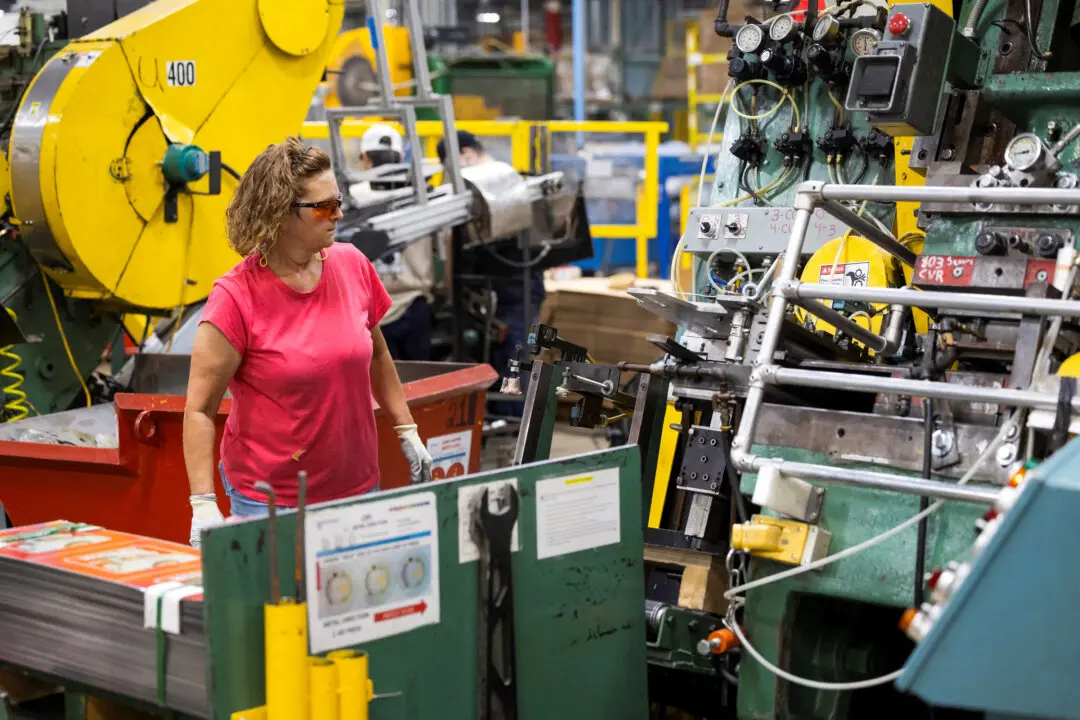WASHINGTON—More than 300 companies and organizations said they would support the White House’s workforce initiative, committing to train over 12 million Americans to help them gain new job skills over the next five years.
Company executives and workers on July 25 joined the president at the White House to celebrate the one-year anniversary of the “Pledge to America’s Workers,” an initiative to address the workforce skills shortage problem in the country.





